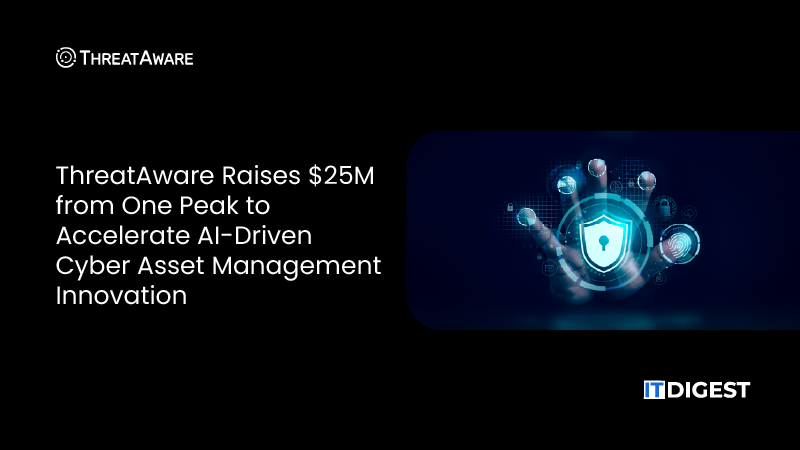With Black Friday and Cyber Monday just around the corner, MyChargeBack, the international provider of complex transaction dispute resolution services that include forensic cryptocurrency investigations, has issued a warning to the public to be on the alert for fake cryptocurrency recovery firms.
Since the so-called “crypto winter” began in November 2021, bitcoin and ether have dropped close to 75% from their peak, and they were the lucky ones. All told, the cryptocurrency industry lost over $2 trillion in value over the past year. But then it got even worse. In June, Celsius, a pioneering cryptocurrency lender, filed for bankruptcy, revealing that its balance sheet was $1.2 billion in the red. And then, this month, came the collapse of FTX, which is estimated to have wiped as much as $32 billion off the ledgers.
Also Read: OTP Bank Selects Bloomberg as Sanctions Data Provider
“The bottom line is that untold numbers of crypto investors have been left holding the bag,” states Michael B. Cohen, Vice President of Global Operations at MyChargeBack. “And regrettably, we now see a dramatic surge in scams posing as ‘crypto recovery firms’ that seek to capitalize on that, especially in connection with Black Friday and Crypto Monday, which have come to mark the start of the holiday season.”
Cohen notes that any website that claims to provide a 100% guarantee that it will recover cryptocurrency is deceiving the public. “With few exceptions, no one can recover crypto alone, because recovery almost always requires the involvement of the police and often the courts as well,” he explains. “A claim of 100% success is a red flag for a fund recovery scam.”
In searching online for professional assistance with cryptocurrency cases, Cohen also stresses the need to verify the company’s provenance before contacting it. “Obviously, a firm whose website URL was registered only a week ago cannot seriously claim to have recovered millions of dollars for thousands of clients over the past year,” he emphasizes. “But that’s exactly what these scam websites that pop up overnight say.”
Most importantly, however, are the deliverables. “Without knowing who the beneficiary is there is no way crypto can be recovered,” Cohen adds. “Open-source software that anyone can use can trace the linear path cryptocurrency takes between a sender and a receiver, but the maximum it can provide is the address of the last wallet the crypto landed in, not the exchange that hosts it, which is the vital information that has to be provided to the police to assist them in opening a criminal investigation,” he says. “So consumers have to be sure that the professional they contract with instead employs advanced, coin-tracking software that does just that,” he concludes. “Otherwise, they’ll be scammed a second time.”
SOURCE: PR Newswire
































